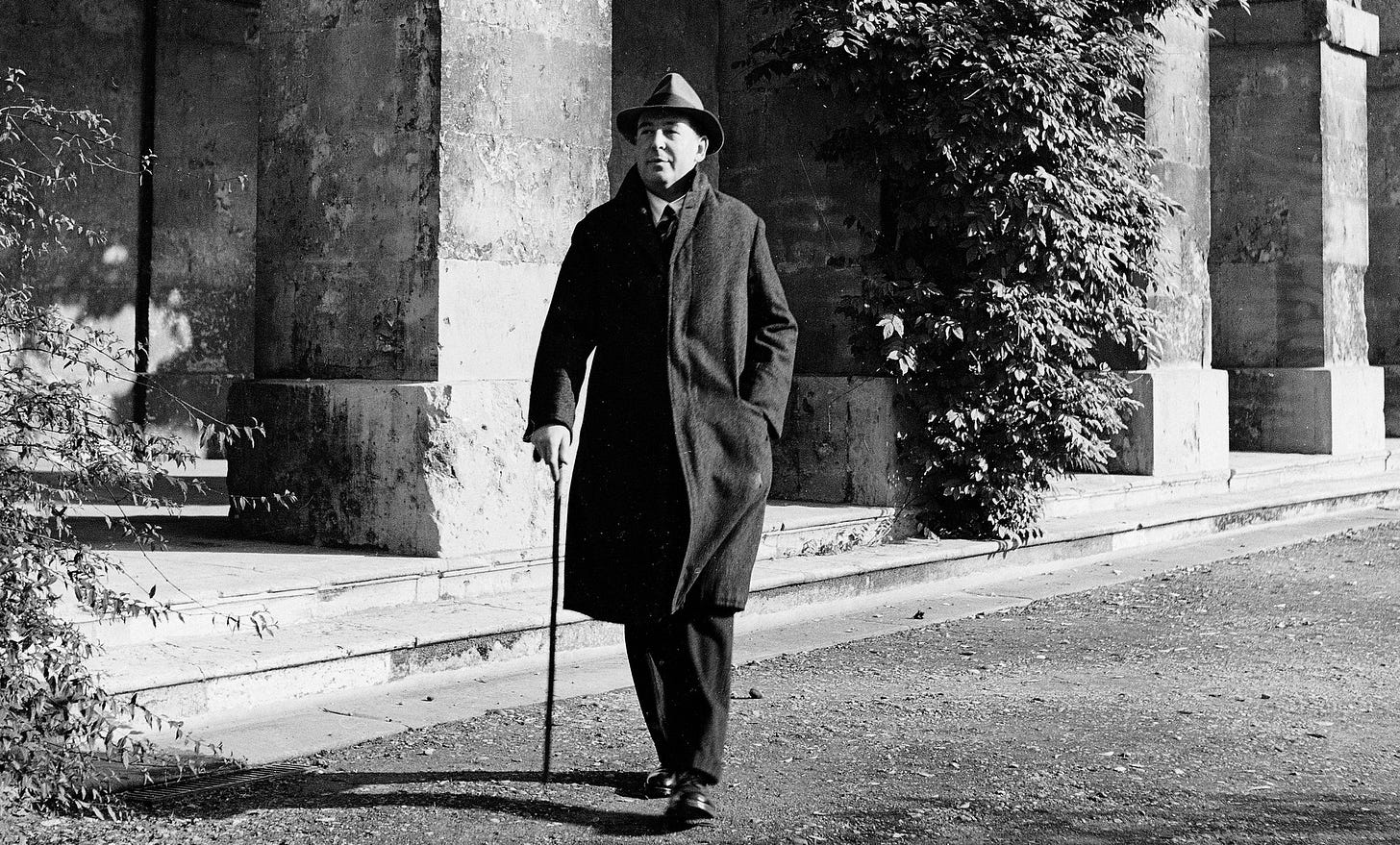Chests Without Men
"The Abolition of Man" today
C.S. Lewis’s line about how moderns “make men without chests and expect of them virtue and enterprise” is famous. It’s become an eminently meme-able quote, and you can find it used in all kinds of diatribes and debates, from transgenderism to pop music. If I had to guess, I would bet that fewer than 30% of the people who quote this line have read the en…



